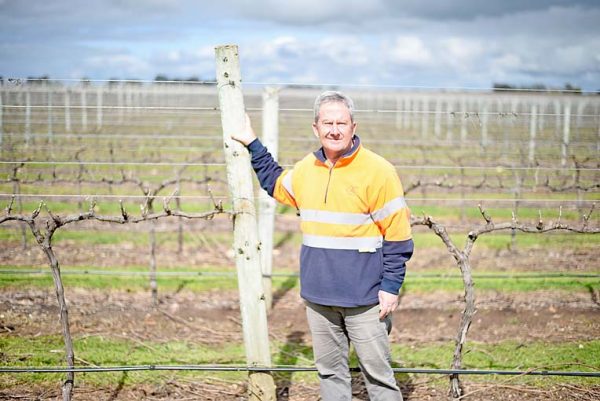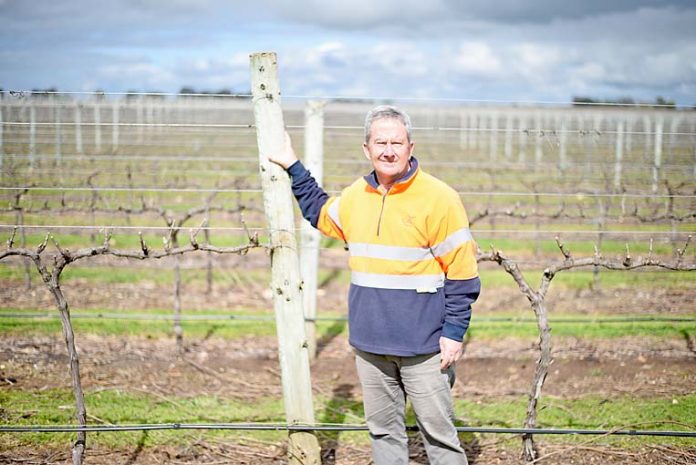
FRUSTRATIONS continue to build between Green Triangle timber processors and treated timber plants as contracts reach the end of tenures and
log export via the Port of Portland continue.
Figures suggest that 1.5 million tonnes of wood was exported from the Port within recent years as local businesses struggle to obtain materials such as radiata pine posts which are vital to farmers and vignerons throughout the Limestone Coast.
One treated timber company said its frustrations stem from timber giants “refusing” to supply the material needed.
The company wishes to remain anonymous in order to avoid jeopardising on-going contract negotiations with local timber processors.
“We could produce more posts and we have to capacity to comfortably double my production as time lags on,” a spokesperson said.
“If we could have accessed twice as much fibers as what we did last year, we would have twice as much leaving the business.”
The timber business representative said the company was unable to access the necessary wood and claimed a significant amount was “laying on the ground rotting away.”
“What we need is just from the thinning of the trees,” the spokesperson said.
The spokesperson stressed timber exports was an important part of the forest chain.
“No one around the region is anti-export,” they said.
“We are only asking that some of the exported product is freed up so that domestic processes can have that security they need.
The spokesperson said for now, companies were focused on maintaining the current operations rather than expanding.
“Worst case scenario is that we shut our business,” they said.
“I am hopeful enough that it does not come to that.
“If forest companies decided point blank they are not going to supply, then there is no business.”
Also feeling the pressure, Katnook Estate’s Chris Brodie said the lack of security was concerning for the vignerons around the region who need timber posts for their vineyards.
Mr Brodie said while steel and plastic alternatives are available, they are not viable when compared to timber posts currently used.
“We have tried all sorts of recycled plastic options but they just are not quite there yet,” Mr Brodie said.
“We have also tried steel but the casing rusts too quickly and we are finding that we need to replace them.”
According to Mr Brodie pine posts are ideal because of their long-lasting reliability.
“We are finding ourselves replacing vineyards at 30 to 40 years old and the posts themselves are that old,” he said.
“Wineries are fine so long as the post security is there, but hearing that suppliers cannot get them makes us all a little worried.
“We are lucky because we are a smaller winery when compared to others around the region and we have managed to get what we need.
“You can see a wide area of vines that have been pulled out and those wineries are needing new posts.”
Mr Brodie said he was aware of a wineries ordering the posts from other locations.
“If we cannot get them here it is a worry because then we would have to go and secure them from further out or find alternatives sooner,” he said.
“Steel itself is a lot more expensive and has improved by now but I believe it may be time to have another look into those options because if we cannot get them we will have to find alternatives sooner rather than later.”








